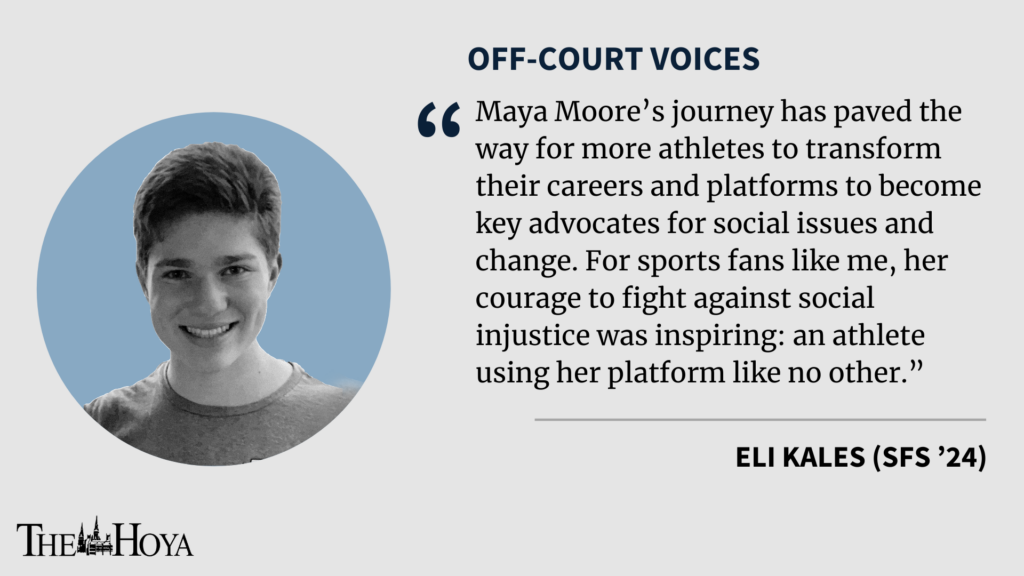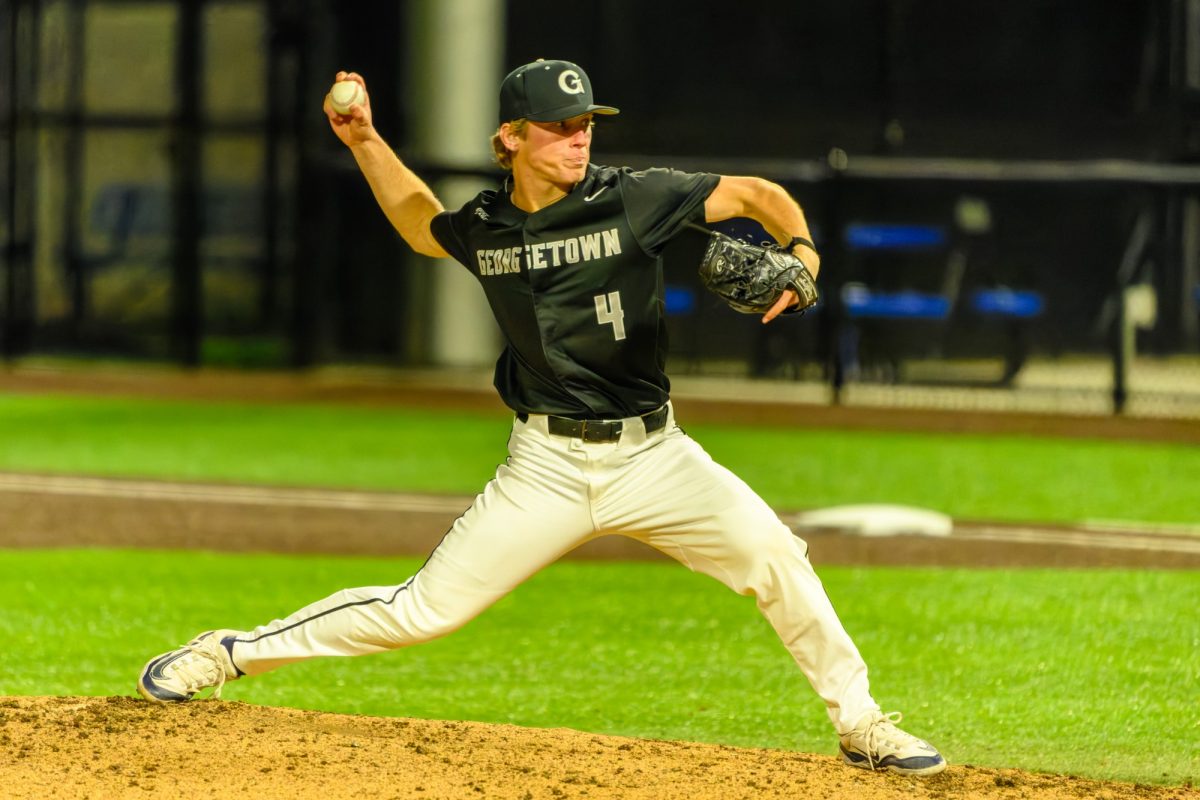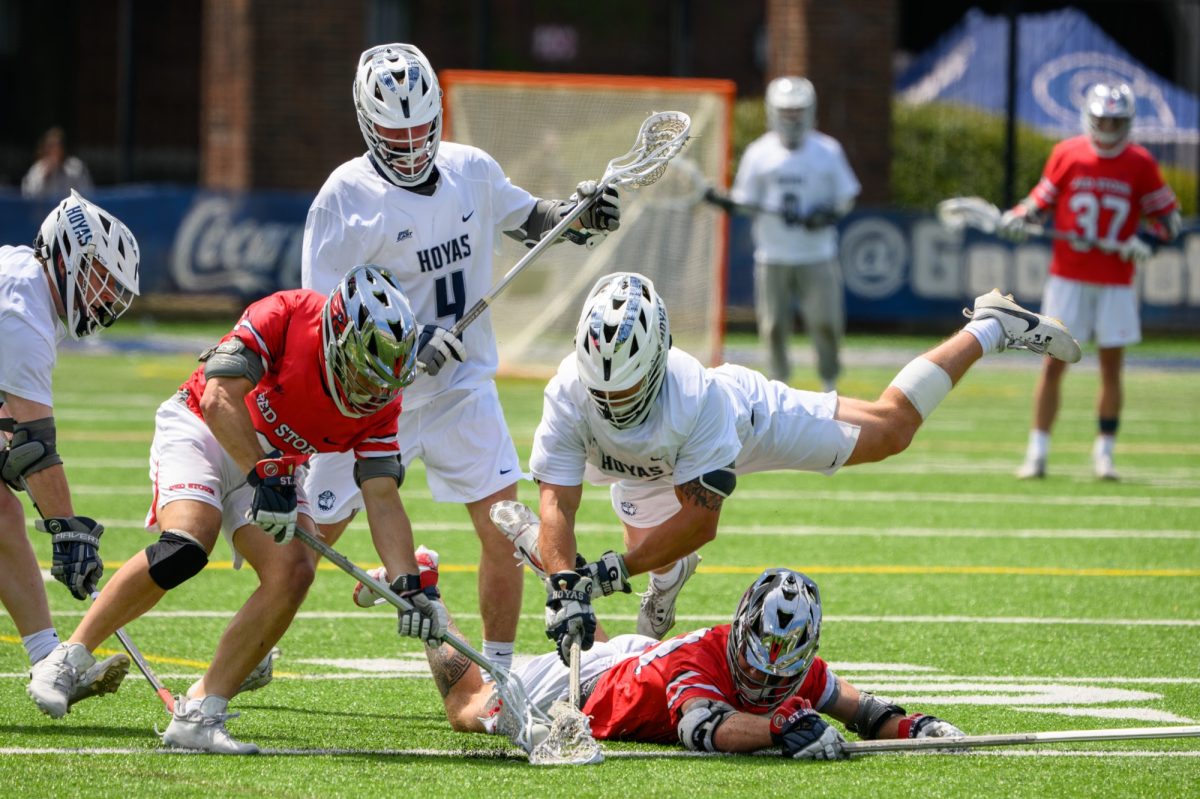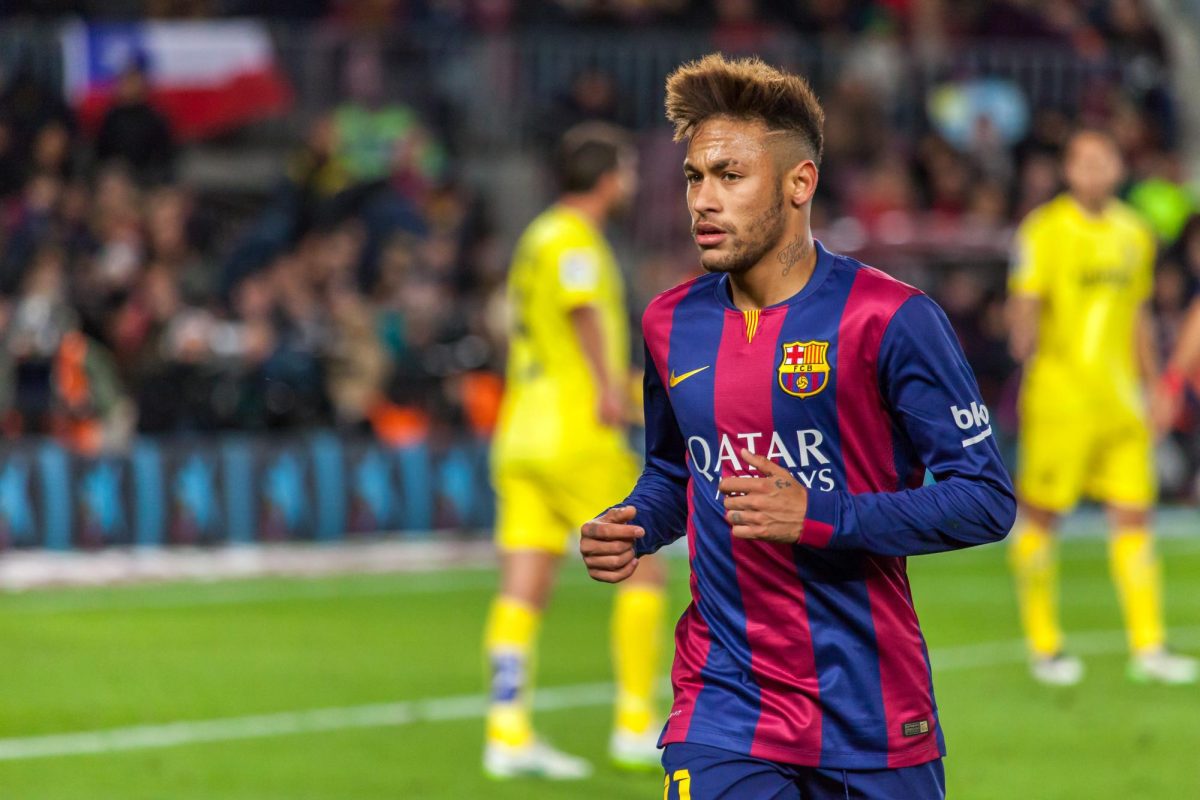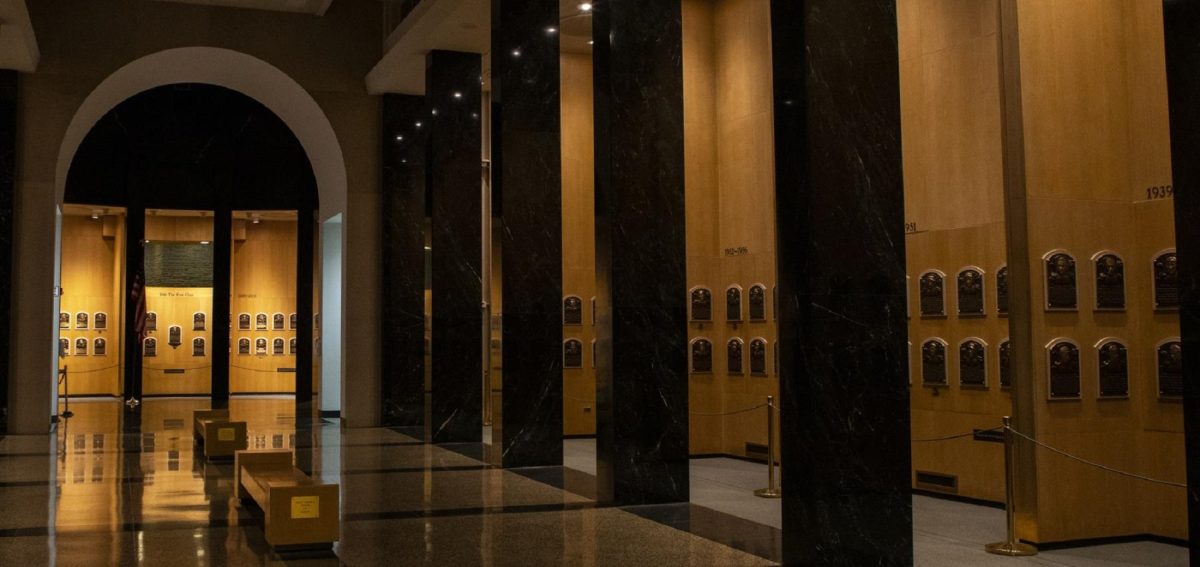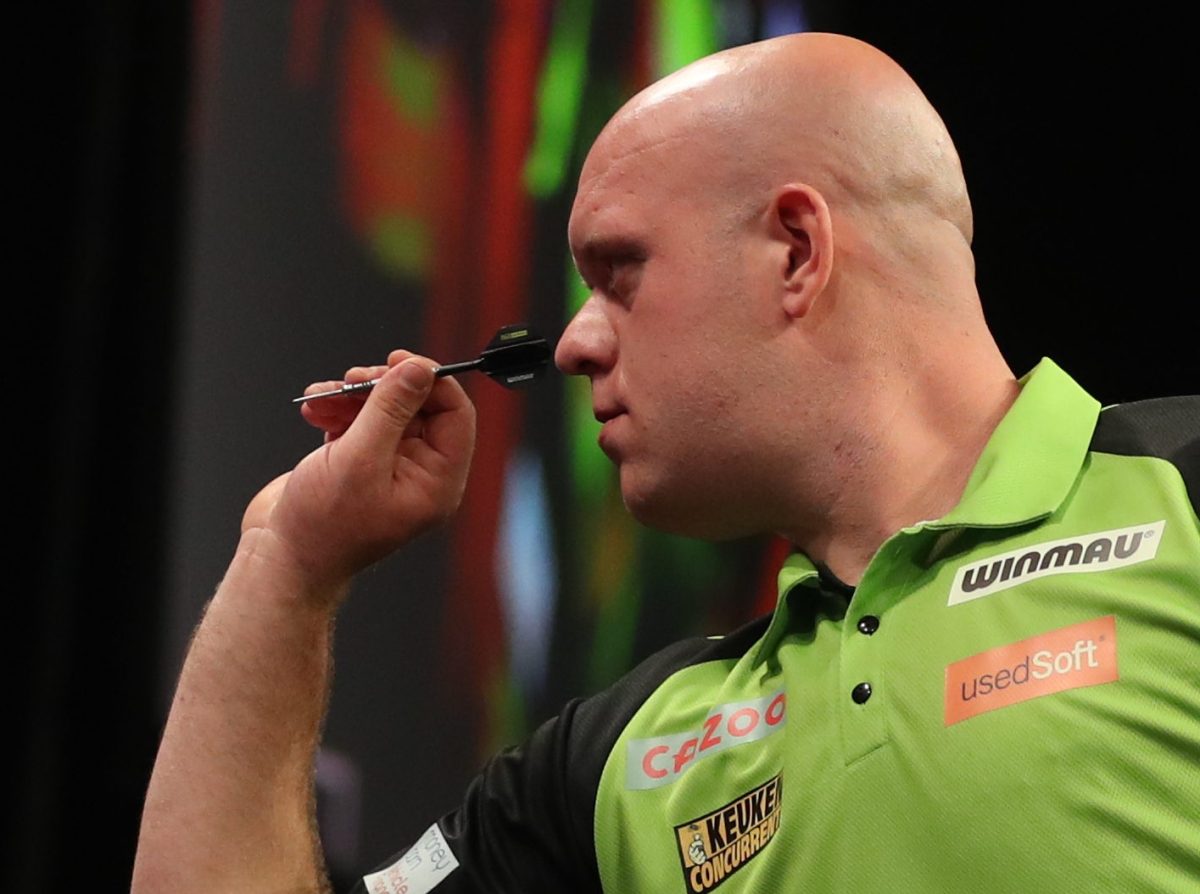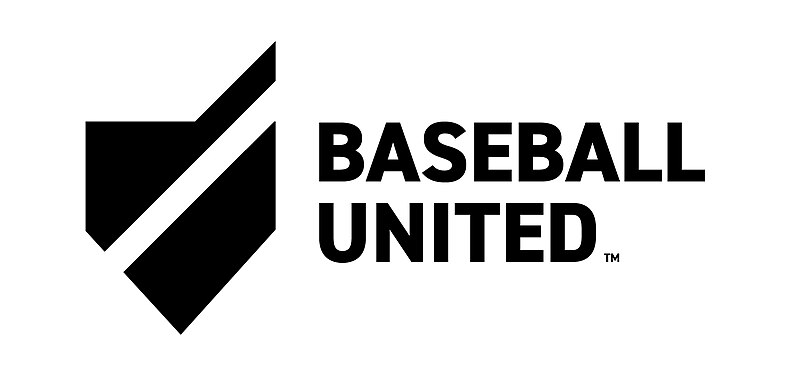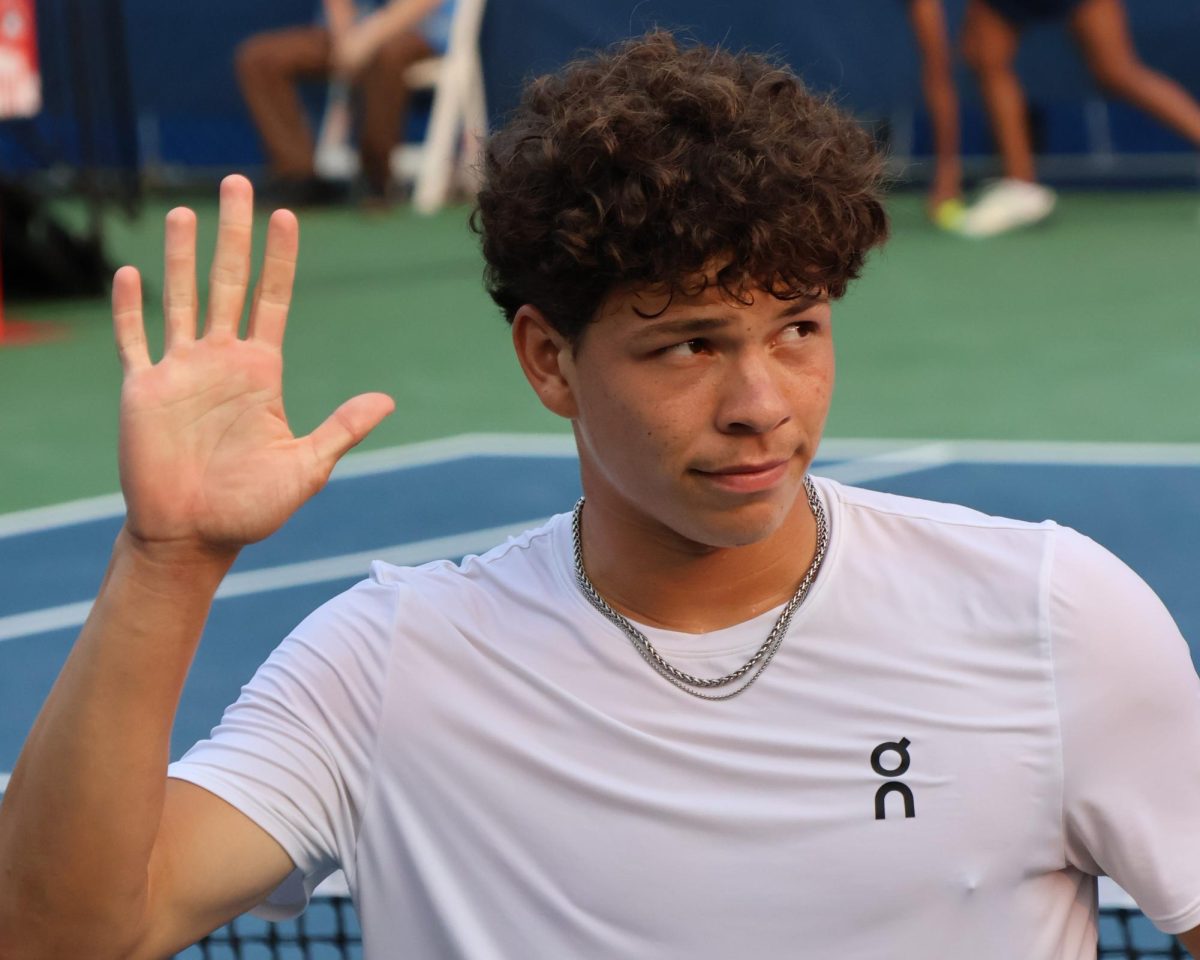This summer, amid mass protests against racial injustice throughout the United States, we saw more athletes than ever used their voices and platform to raise awareness about the issues they care about. Yet for basketball player Maya Moore, this activism was nothing new. The four-time WNBA champion, who ranks among the greatest athletes in league history, took a hiatus on basketball prior to the 2019 season, choosing to spend her year — and use her platform — to focus on fighting for criminal justice reform in her community.
Moore’s journey has paved the way for more athletes to transform their careers and platforms to become key advocates for social issues and change. For sports fans like me, her courage to fight against social injustice was inspiring: an athlete using her platform like no other. Seeing Moore’s accomplishments in the world of social justice serves as crucial evidence to believe in the power of using our voices for change.
Moore’s credentials are limitless: a former WNBA MVP, six-time All-Star, four-time league champion, two-time Olympic gold medalist, and recipient of a multitude of NCAA awards. Despite all her accomplishments, Moore’s biggest point of pride may well come from her two-year fight for criminal justice reform, advocating for wrongly convicted inmate Jonathan Irons. In 2019, Moore described the impact working with Irons had on her, stating “it’s one of the best feelings of giving somebody a voice. Just one person … when I give Jonathan a voice, so many other people get a voice.”
Irons’ story captivated Moore, serving as a powerful reminder of the injustices and disparities that exist within our justice system. At 16 years old, Irons was convicted on charges of burglary and assault, sentenced to 50 years incarcerated despite a lack of sufficient evidence and inconsistent testimony from an eyewitness.
Evidence later showed that not only was Irons wrongly prosecuted as a minor, but that material evidence in the form of fingerprint markings that aided Irons’ acquittal was suppressed by prosecutors, fundamentally altering his case. This spring, with Moore’s assistance, Irons was finally freed from imprisonment when his conviction was overturned by a judge in St. Charles County, Mo.
For Moore, the connection with Irons’ case is deeper than an objective, moral standpoint in opposition to criminal injustice. Through prison ministry, Moore began to know Irons during his sentence, and the two quickly formed a tight bond. They maintained a strong relationship throughout her years playing at the University of Connecticut as well as for the WNBA’s Minnesota Lynx. Following the murder of Michael Brown at the hands of police and the emergence of the Black Lives Matter movement in 2018, Moore stepped into the spotlight as one of the leaders at the forefront of the important intersection between sports and social justice.
The WNBA should receive applause for its history of social justice, which is led by athletes like Moore established conversations about injustice in the sports world, while many other major sports leagues globally tended to shy away from discussing these hot button issues. Moore’s role is undeniably important in modeling how athletes can use their platform for good. For fans, hearing about her story helps us to better understand social injustices and how athletes play a key role in fighting for social change.
Moore’s announcement to step away from the WNBA for the season in 2019, later opting out of a second in 2020 as well, was a largely unprecedented step for athletes. No one chooses to forgo their career in their prime, with already numerous trophies and credentials to her name under the age of 30. But for Moore, the decision to refrain from playing was easy, as she chose to focus on fighting for Irons’ freedom amidst a reemergence of his case and potential appeal to overturn charges.
In a stunning reversal of her career path, Moore was able to use her platform and voice to advocate for Irons’ freedom from an unjust system, an accomplishment that titles and MVP trophies cannot match. Moore has now become an even greater champion off the court than on it, a difficult yet important decision to fight for what is just.
This past summer, as athletes raised their voices and elevated their platforms following the deaths of Breonna Taylor and George Floyd, reigniting conversations about racial injustice, athletes like tennis’s Naomi Osaka, NASCAR’s Bubba Wallace, the NHL’s Matt Dumba and NBA players across the board spoke out against social justice issues. Without Moore as a courageous precedent, I believe athletes today may not have the courage and inspiration to use their voices in the same way, and this new generation of athletes, using their platform as a medium to catalyze change regarding a variety of social justice issues. We can all look to Moore for inspiration about the ways to speak out and create change — starting with a single voice.


